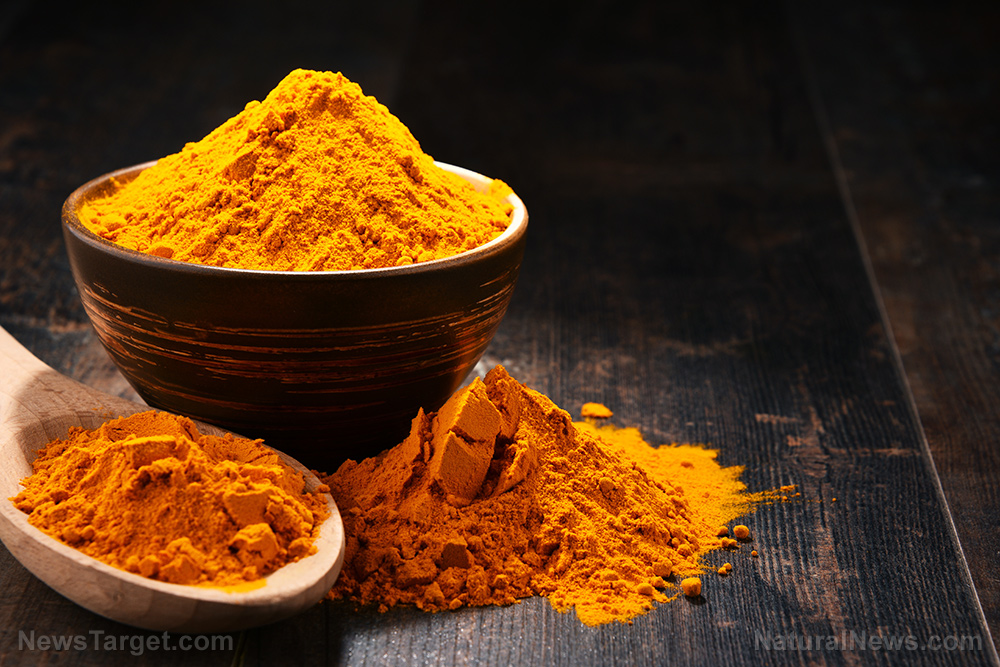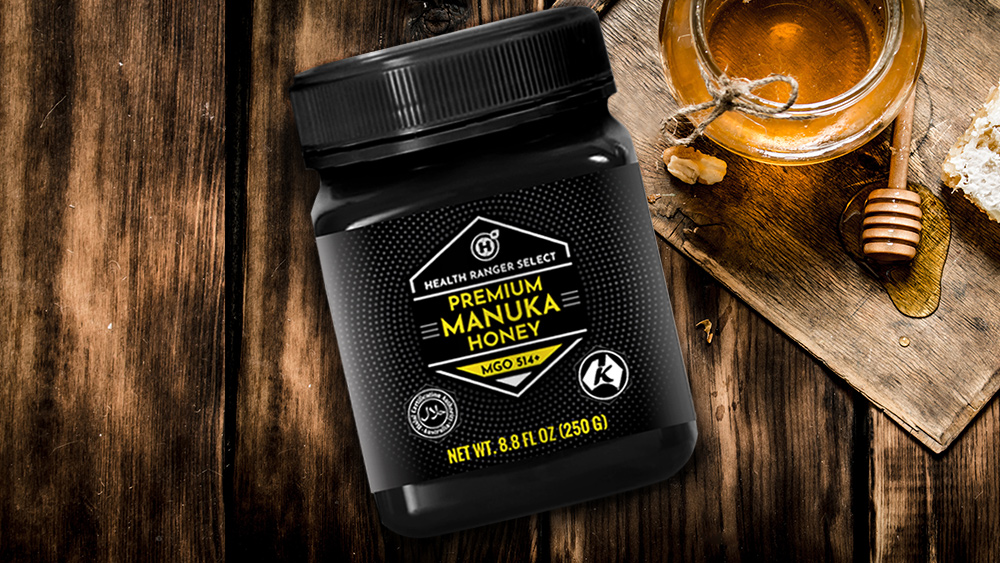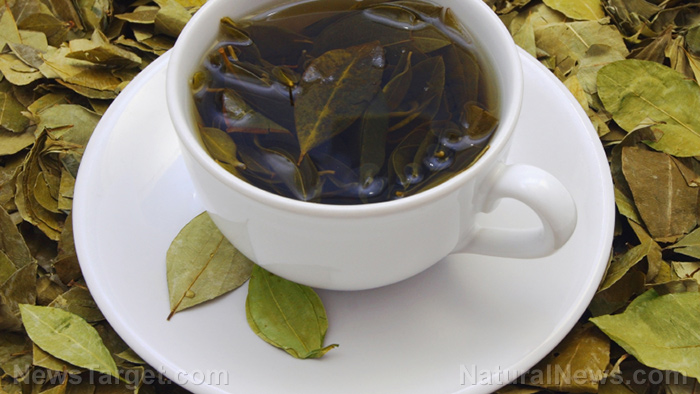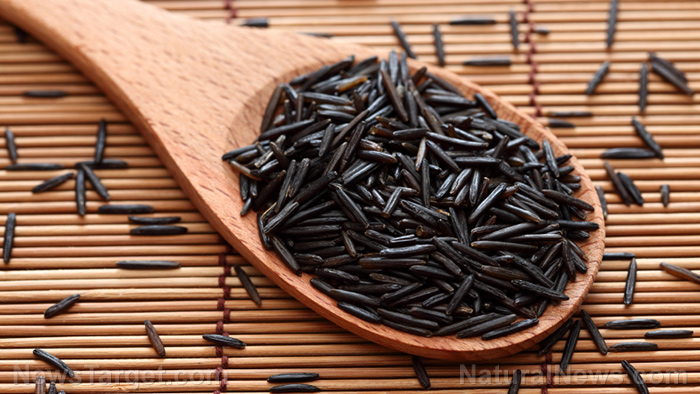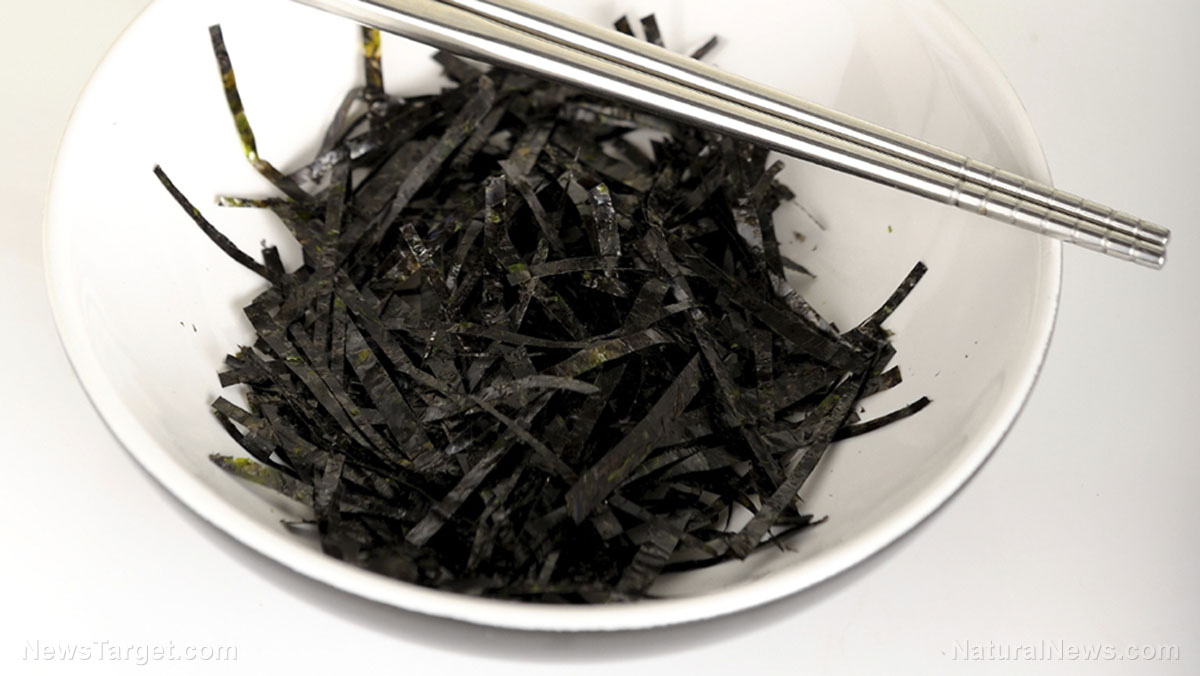Here are some of the best remedies for your seasonal allergies
12/15/2018 / By Ellaine Castillo

Spring is a season of new beginnings, not just for flowering plants and trees, but also for seasonal allergies. No matter how much some people might want to enjoy the beauty that comes with the season, they just can’t because they’re already preoccupied with sneezing and wiping their runny noses and watery eyes. Although there are over-the-counter allergy medications available, there are still many people who don’t take them due to their side effects. Fortunately, there are many natural remedies that can relieve you of the symptoms of seasonal allergies.
Seasonal allergies are hard to avoid since its primary trigger, pollen, is airborne so you are already exposed to it every time you breathe (and of course you can’t just stop breathing.) You can try limiting the time you spend outdoors and just secluding yourself indoors with all the windows and doors shut but that’s neither convenient nor enjoyable. Instead of trying to avoid the trigger, you can just focus on alleviating the symptoms of seasonal allergies. Anti-allergy medications like decongestants and antihistamine aim to provide relief but they aren’t that great since they aren’t completely effective and they also cause side effects, such as drowsiness, dizziness, and confusion. Natural remedies, such as the following, are therefore the best option for reducing seasonal allergies.
- Quercetin — This bioflavonoid is a natural antihistamine found in many fruits and vegetables but it is especially abundant in red onions and apples. Moreover, quercetin has antiviral, antibacterial, and anti-inflammatory properties that help address the root of your allergy. Although you can easily get it from food, these can’t provide you with sufficient amounts of quercetin to remedy allergies so you might have to use supplements for this purpose. It is recommended for people with seasonal allergies to take 500 mg quercetin supplements two to three times a day for two to four weeks.
- Honey — Honey, especially the raw unpasteurized variety, has been shown to reduce allergy symptoms through its antimicrobial properties. You can easily enjoy the benefits of honey by adding it to your tea, water, smoothies, or shakes.
- Stinging nettle — It’s a kind of ironic that the stinging nettle, which irritates the skin upon contact, is a medicinal plant that has been used in medieval Europe for centuries. Traditionally, people used it to treat joint pain but with research, they found that it’s also effective against seasonal allergies because of its anti-inflammatory and antihistamine properties.
- Organic bone broth soup — Broth from the bones of beef, chicken, or fish is a commonly used remedy around the globe for colds and the flu. It also helps people with seasonal allergies by clearing out mucus from the nose and throat. Additionally, it is a good source of glutamine, an amino acid essential for immune responses.
- Eucalyptus essential oil — Three to four drops of eucalyptus essential oil are enough to help you fight off seasonal allergies and an overactive immune system. Just place this in a bowl of hot water and inhale the steam that it produces for about eight to 10 minutes and you’re good to go. This practice prevents not just allergies but colds and flu as well.
- Peppermint essential oil — Peppermint essential oil is known for its anti-spasmodic property, which is great for preventing chronic coughing and nasal congestion that come with seasonal allergies. Put four to five drops of this essential oil in a diffuser before you go to bed so that you’ll wake up without
With the help of these natural remedies, you can enjoy spring with other people and not have to worry about your seasonal allergies. (Related: Suffering from seasonal allergies? These herbs can relieve symptoms naturally.)
For more articles about natural remedies for allergies, visit NaturalCures.news.
Sources include:
Tagged Under: bone broth soup, eucalyptus essential oil, honey, peppermint essential oil, pollen, quercetin, seasonal allergies, spring, Stinging Nettle









